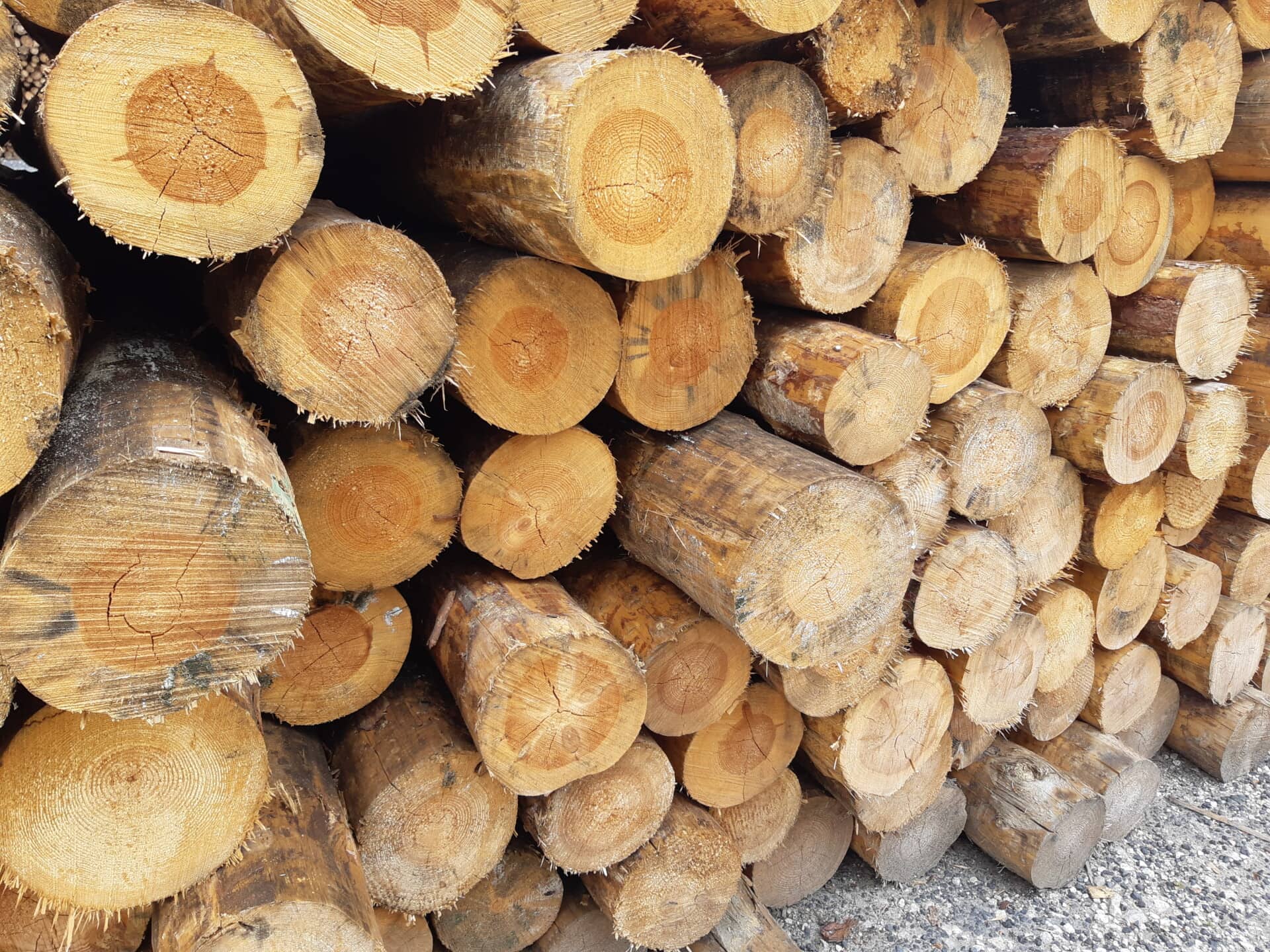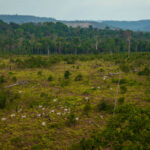Indonesian KPP Group, a significant contributor to forest loss

The Indonesian Kayan Patria Pratama (KPP) group, active in the provinces of East and North Kalimantan, has cleared 13,500 hectares of forests since 2016. Spatial analysis by Aidenvironment puts KPP among the largest deforesting company groups in Indonesia.
KPP is a conglomerate company, with interests in logging, oil palm, rubber, coal mining, a huge hydropower project and shipping. The logging concessions of KPP comprise 148,000 hectares and are located in East Kutai district of East Kalimantan and Malinau district of North Kalimantan. It has not published any sustainability commitments. KPP’s customers with no-deforestation commitments include Royal Golden Eagle (which buys palm oil from KPP) and ITOCHU Corporation (a buyer of KPP’s plywood).
Most of KPP’s deforestation was conducted inside its industrial tree concessions. Since 2016, more than 4,000 hectares of forests have been cleared inside its 13,900 hectare PT Hanujaya Hutanindo concession in East Kalimantan. In 2016, an expert group of scientists found that most of the area is habitat of the Critically Endangered Bornean orangutan. Another 2,700 hectares of forests were removed inside the 13,400 hectares concession of PT Kayan Makmur Sejahtera in North Kalimantan. KPP has around 38,000 hectares of rubber and oil palm concessions that accounted for another 6,800 hectares of deforestation. Most of this clearing appears to be for rubber trees. KPP’s oil palm plantation PT Kayan Plantation in North Kalimtan cleared 1,600 hectares of forests since 2016, of which 160 hectares was cleared in 2020.

KPP group is majority-owned by Mr. Juanda Lesmana and his family. Mr. Juanda Lesmana is a well-known businessman from North Kalimantan. He appears to be politically well connected, having publicly backed politicians running in local and national elections. In 2018, he was mentioned as one of the persons that had bribed a regent of Kutai Kartanegara district of East Kalimantan. The regent was eventually sentenced to 10 years in prison.
Sourcing from its own logging concessions, KPP exports most timber and plywood through its wood processing companies PT Idec Abadi Wood Industries, PT Aneka Rimba Indonusa and PT Kayan Wood Industries. KPP does not have any FSC-certificates. KPP’s coal mining company PT Kayan Putra Utama Coal produced 2.6 million tonnes of coal in 2020.

KPP’s rubber trees are still too young for production, and information about KPP’s coal supply chain is not publicly available. However, KPP’s palm oil and plywood/timber products appear in the supply chains of companies with no-deforestation commitments:
- KPP’s subsidiary PT Kayan Plantation started operating a palm oil mill in 2021. Apical Group’s Kutai Refinery Nusantara bought palm oil from this mill during the second quarter of 2021. Apical is part of the Royal Golden Eagle group. Given the deforestation data for PT Kayan Plantation, KPP is clearly not compliant with Apical’s NDPE policy.
- Indonesian export data for plywood and timber over the first nine months of 2020 show that KPP sold large quantities of plywood to the Japanese companies Sumitomo Forestry (7,400 tonnes) and ITOCHU Corporation (6,800 tonnes) and SMB Kenzai Co. Ltd. (a consortium of Sumitomo/Mitsui/Marubeni, 6,000 tonnes). Sumitomo’s procurement policy leaves room for deforestation. ITOCHU, however, has a strict group-level NDPE policy that applies to its sourcing of plywood/timber, pulp and paper, rubber, and palm oil.
Buyers with no-deforestation commitments should immediately halt purchases from KPP group, until the company shows commitment to stop deforestation and restore damaged areas.
For more information, please contact Chris Wiggs

